Text
Speech: All the World’s a Stage
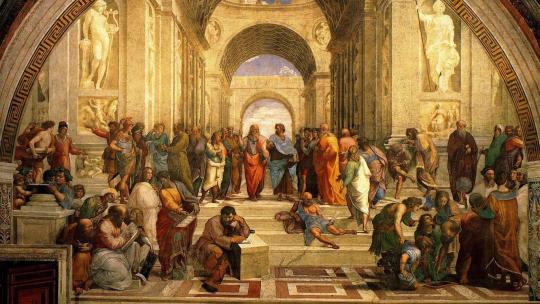
The School of Athens (Italian: Scuola di Atene) is a fresco by the Italian Renaissance artist Raphael. It was painted between 1509 and 1511 as a part of Raphael's commission to decorate the rooms now known as the Stanze di Raffaello, in the Apostolic Palace in the Vatican.
“All the world’s a stage” By William Shakespeare, (from As You Like It, spoken by Jaques)
All the world’s a stage,
And all the men and women merely players;
They have their exits and their entrances,
And one man in his time plays many parts,
His acts being seven ages. At first, the infant,
Mewling and puking in the nurse’s arms.
Then the whining schoolboy, with his satchel
And shining morning face, creeping like snail
Unwillingly to school. And then the lover,
Sighing like furnace, with a woeful ballad
Made to his mistress’ eyebrow. Then a soldier,
Full of strange oaths and bearded like the pard,
Jealous in honor, sudden and quick in quarrel,
Seeking the bubble reputation
Even in the cannon’s mouth. And then the justice,
In fair round belly with good capon lined,
With eyes severe and beard of formal cut,
Full of wise saws and modern instances;
And so he plays his part. The sixth age shifts
Into the lean and slippered pantaloon,
With spectacles on nose and pouch on side;
His youthful hose, well saved, a world too wide
For his shrunk shank, and his big manly voice,
Turning again toward childish treble, pipes
And whistles in his sound. Last scene of all,
That ends this strange eventful history,
Is second childishness and mere oblivion,
Sans teeth, sans eyes, sans taste, sans everything.
#all the world's a stage#as you like it#the school of athens#william shakespeare#raphael#renaissance plays#renaissance art#english literature#italian painters#english authors
38 notes
·
View notes
Text
Orpheus With His Lute Made Trees
Poem By William Shakespeare

“Orphée charmant les animaux” (1740) By Artist François Boucher
Orpheus with his lute made trees,
And the mountain tops that freeze,
Bow themselves, when he did sing:
To his music plants and flowers
Ever sprung; as sun and showers
There had made a lasting spring.
Everything that heard him play,
Even the billows of the sea,
Hung their heads, and then lay by.
In sweet music is such art,
Killing care and grief of heart
Fall asleep, or hearing, die.
#orpheus with his lute made trees#henry viii#william shakespeare#renaissance poetry#francois boucher#french painters#renaissance poets
30 notes
·
View notes
Text
It was a Lover and his Lass
Poem by William Shakespeare

Springtime (1873) By Artist Pierre-Auguste Cot
It was a lover and his lass,
With a hey, and a ho, and a hey nonino,
That o'er the green corn-field did pass,
In the spring time, the only pretty ring time,
When birds do sing, hey ding a ding, ding ;
Sweet lovers love the spring.
Between the acres of the rye,
With a hey, and a ho, and a hey nonino,
These pretty country folks would lie,
In the spring time, the only pretty ring time,
When birds do sing, hey ding a ding, ding ;
Sweet lovers love the spring.
This carol they began that hour,
With a hey, and a ho, and a hey nonino,
How that life was but a flower
In the spring time, the only pretty ring time,
When birds do sing, hey ding a ding, ding ;
Sweet lovers love the spring.
And, therefore, take the present time
With a hey, and a ho, and a hey nonino,
For love is crown`d with the prime
In the spring time, the only pretty ring time,
When birds do sing, hey ding a ding, ding ;
Sweet lovers love the spring.
#it was a lover and his lass#william shakespeare#renaissance poetry#english poetry#pierre-auguste cot#french painters#renaissance poets
44 notes
·
View notes
Text
Bridal Song
Poem by William Shakespeare
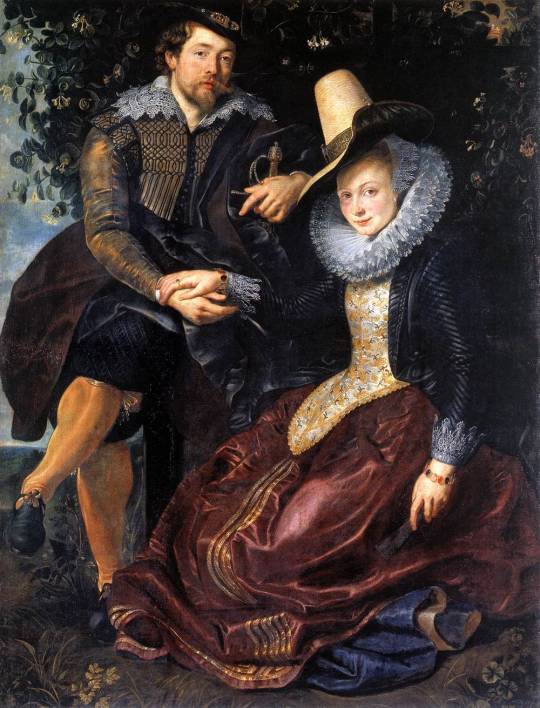
The Honeysuckle Bower (1609) By Artist Peter Paul Rubens
ROSES, their sharp spines being gone,
Not royal in their smells alone,
But in their hue ;
Maiden pinks, of odour faint,
Daisies smell-less, yet most quaint,
And sweet thyme true ;
Primrose, firstborn child of Ver ;
Merry springtime's harbinger,
With her bells dim ;
Oxlips in their cradles growing,
Marigolds on death-beds blowing,
Larks'-heels trim ;
All dear Nature's children sweet
Lie 'fore bride and bridegroom's feet,
Blessing their sense !
Not an angel of the air,
Bird melodious or bird fair,
Be absent hence !
The crow, the slanderous cuckoo, nor
The boding raven, nor chough hoar,
Nor chattering pye,
May on our bride-house perch or sing,
Or with them any discord bring,
But from it fly !
#bridal song#william shakespeare#renaissance poetry#english poetry#peter paul rubens#baroque art#renaissance poets#baroque painters
47 notes
·
View notes
Text
A Fairy Song
A Midsummer Night's Dream, Act II, scene 1

Shakespeare's Titania depicted by Edwin Landseer in his painting Scene from A Midsummer Night's Dream, based on A Midsummer Night's Dream act IV, scene I, with Bottom and fairies in attendance.
Over hill, over dale,
Thorough bush, thorough brier,
Over park, over pale,
Thorough flood, thorough fire !
I do wander everywhere,
Swifter than the moon's sphere ;
And I serve the Fairy Queen,
To dew her orbs upon the green ;
The cowslips tall her pensioners be ;
In their gold coats spots you see ;
Those be rubies, fairy favours ;
In those freckles live their savours ;
I must go seek some dewdrops here,
And hang a pearl in every cowslip's ear.
#a fairy song#a midsummer night's dream#titania#william shakespeare#edwin landseer#ralph vaughan williams#three shakespeare songs
51 notes
·
View notes
Text
Speech: "Friends, Romans, countrymen, lend me your ears"
By William Shakespeare
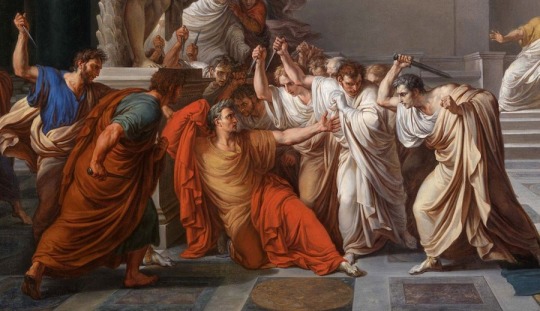
I come to bury Caesar, not to praise him.
The evil that men do lives after them ;
The good is oft interred with their bones ;
So let it be with Caesar. The noble Brutus
Hath told you Caesar was ambitious :
If it were so, it was a grievous fault,
And grievously hath Caesar answer'd it.
Here, under leave of Brutus and the rest-
For Brutus is an honourable man ;
So are they all, all honourable men -
Come I to speak in Caesar's funeral.
He was my friend, faithful and just to me :
But Brutus says he was ambitious ;
And Brutus is an honourable man.
He hath brought many captives home to Rome
Whose ransoms did the general coffers fill :
Did this in Caesar seem ambitious ?
When that the poor have cried, Caesar hath wept :
Ambition should be made of sterner stuff :
Yet Brutus says he was ambitious ;
And Brutus is an honourable man.
You all did see that on the Lupercal
I thrice presented him a kingly crown,
Which he did thrice refuse : was this ambition ?
Yet Brutus says he was ambitious ;
And, sure, he is an honourable man.
I speak not to disprove what Brutus spoke,
But here I am to speak what I do know.
You all did love him once, not without cause :
What cause withholds you then, to mourn for him ?
O judgment ! thou art fled to brutish beasts,
And men have lost their reason. Bear with me ;
My heart is in the coffin there with Caesar,
And I must pause till it come back to me.
#friends romans countrymen lend me your ears#mark antony#julius caesar#william shakespeare#shakespeare#renaissance plays#shakespearian plays
118 notes
·
View notes
Text
Take, Oh Take Those Lips Away
Poem By William Shakespeare

“Romeo and Juliet” (1884) By Sir Frank Bernard Dicksee
TAKE, O take those lips away
That so sweetly were forsworn,
And those eyes, the break of day,
Lights that do mislead the morn :
But my kisses bring again,
Bring again —
Seals of love, but seal’d in vain,
Seal’d in vain !
#take o take those lips away#william shakespeare#renaissance poetry#english poetry#romanticism art#sir frank bernard dicksee
114 notes
·
View notes
Text
Blow, Blow, Thou Winter Wind
Poem by William Shakespeare
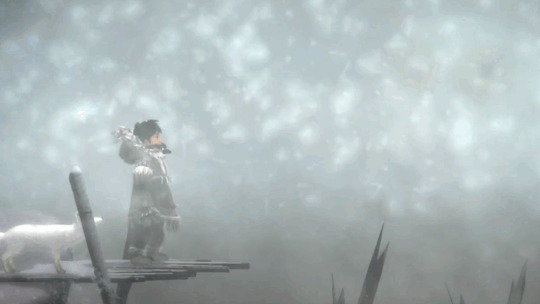
Blow, blow, thou winter wind
Thou art not so unkind
As man’s ingratitude ;
Thy tooth is not so keen,
Because thou art not seen,
Although thy breath be rude.
Heigh-ho! sing, heigh-ho! unto the green holly :
Most friendship if feigning, most loving mere folly :
Then heigh-ho, the holly !
This life is most jolly.
Freeze, freeze thou bitter sky,
That does not bite so nigh
As benefits forgot :
Though thou the waters warp,
Thy sting is not so sharp
As a friend remembered not.
Heigh-ho ! sing, heigh-ho! unto the green holly :
Most friendship is feigning, most loving mere folly :
Then heigh-ho, the holly !
This life is most jolly.
#blow blow thou winter wind#william shakespeare#renaissance poetry#english poetry#english literature#gifs
43 notes
·
View notes
Photo
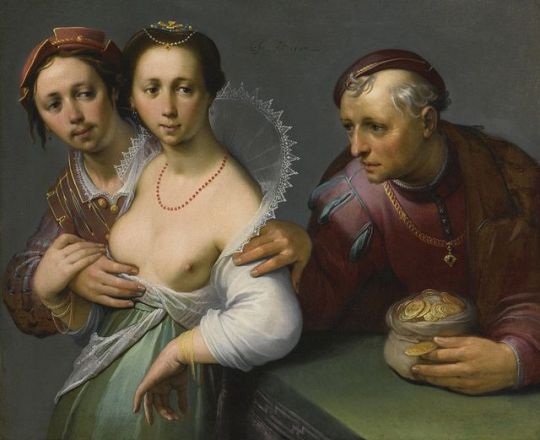
“The Choice between Young and Old” By Artist Cornelis van Haarlem
A Madrigal by William Shakespeare
Crabbed Age and Youth
Cannot live together :
Youth is full of pleasance,
Age is full of care ;
Youth like summer morn,
Age like winter weather ;
Youth like summer brave,
Age like winter bare :
Youth is full of sports,
Age's breath is short,
Youth is nimble, Age is lame :
Youth is hot and bold,
Age is weak and cold,
Youth is wild, and Age is tame :
Age, I do abhor thee ;
Youth, I do adore thee ;
O ! my Love, my Love is young !
Age, I do defy thee -
O sweet shepherd, hie thee,
For methinks thou stay'st too long.
54 notes
·
View notes
Text
Sonnet CLIV
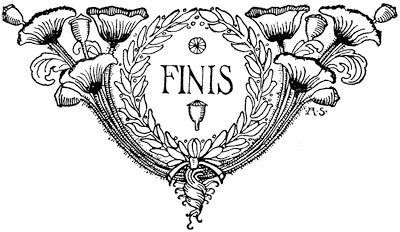
The little Love-god lying once asleep
Laid by his side his heart-inflaming brand,
Whilst many nymphs that vowed chaste life to keep
Came tripping by, but in her maiden hand
The fairest votary took up that fire,
Which many legions of true hearts had warmed ;
And so the general of hot desire
Was, sleeping, by a virgin hand disarmed.
This brand she quenched in a cool well by,
Which from Love’s fire took heart perpetual,
Growing a bath and healthful remedy
For men diseased ; But I, my mistress’ thrall,
Came there for cure, and this by that I prove :
Love’s fire heats water, water cools not love.
#sonnet 154#william shakespeare#shakespeare's sonnets#english poetry#poetry#english literature#english writings#renaissance poetry
29 notes
·
View notes
Text
Sonnet CLIII

Cupid laid by his brand and fell asleep.
A maid of Dian’s this advantage found,
And his love-kindling fire did quickly steep
In a cold valley-fountain of that ground ;
Which borrowed from this holy fire of Love
A dateless lively heat, still to endure,
And grew a seething bath, which yet men prove
Against strange maladies a sovereign cure.
But at my mistress’ eye Love’s brand new-fired,
The boy for trial needs would touch my breast ;
I, sick withal, the help of bath desired,
And thither hied, a sad distempered guest,
But found no cure ; the bath for my help lies
Where Cupid got new fire - my mistress’ eyes.
#sonnet 153#william shakespeare#shakespeare's sonnets#english poetry#poetry#english writings#english literature#renaissance poetry
57 notes
·
View notes
Text
Sonnet CLII
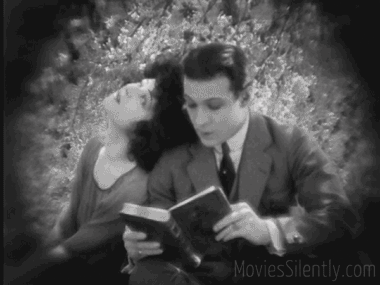
In loving thee thou know’st I am forsworn,
But thou art twice forsworn, to me love swearing ;
In act thy bed-vow broke, and new faith torn
In vowing new hate after new love bearing.
But why of two oaths’ breach do I accuse thee,
When I break twenty ? I am perjured most,
For all my vows are oaths but to misuse thee,
And all my honest faith in thee is lost ;
For I have sworn deep oaths of thy deep kindness,
Oaths of thy love, thy truth, thy constantcy ;
And, to enlighten thee, gave eyes to blindness,
Or made them swear against the thing they see ;
For I have sworn thee fair ; more perjured eye,
To swear against the truth so foul a lie.
#sonnet 152#william shakespeare#shakespeare's sonnets#english poetry#poetry#english literature#english writings#renaissance poetry
34 notes
·
View notes
Text
Sonnet CLI
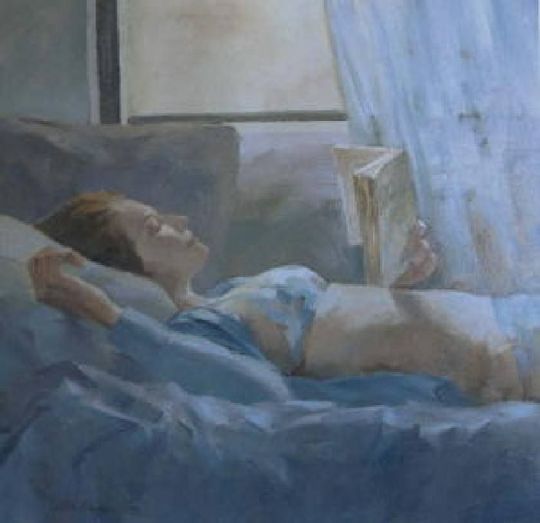
Love is too young to know what conscience is,
Yet who knows not conscience is born of love ?
Then, gentle cheater, urge not my amiss,
Lest guilty of my faults thy sweet self prove.
For, thou betraying me, I do betray
My nobler part to my gross body’s treason ;
My soul doth tell my body that he may
Triumph in love ; flesh stays no farther reason,
But, rising at thy name, doth point out thee,
As his triumphant prize. Proud of this pride,
He is contented thy poor drudge to be,
To stand in thy affairs, fall by thy side.
No want of conscience hold it that I call
Her “love” for whose dear love I rise and fall.
#sonnet 151#william shakespeare#shakespeare's sonnets#english poetry#poetry#english writings#english literature#renaissance poetry
43 notes
·
View notes
Text
Sonnet CL

O, from what pow’r hast thou this pow’rful might
With insufficiency my heart to sway ?
To make me give the lie to my true sight
And swear that brightness doth not grace the day ?
Whence hast thou this becoming of things ill
That in the very refuse of thy deeds
There is such strength and warrantize of skill
That in my mind thy worst all best exceeds ?
Who taught thee how to make me love thee more,
The more I hear and see just cause of hate ?
O, though I love what others do abhor,
With others thou shouldst not abhor my state :
If thy unworthiness raised love in me,
More worthy I to be beloved of thee.
#sonnet 150#william shakespeare#shakespeare's sonnets#english poetry#poetry#english writings#english literature#renaissance poetry
25 notes
·
View notes
Text
Sonnet CXLIX

Canst thou, O cruel, Say I love thee not,
When I against myself with thee partake ?
Do I not think on thee when I forgot
Am of myself, all tyrant for thy sake ?
Who hateth thee that I do call my friend ?
On whom frown’st thou that I do fawn upon ?
Nay, if thou lour’st on me, do I not spend
Revenge upon myself with present moan ?
What merit do I in myself respect
That is so proud thy service to despise,
When all my best doth worship thy defect,
Commanded by the motion of thine eyes ?
But, love, hate on, for now I know thy mind ;
Those that can see thou lov’st, and I am blind.
#sonnet 149#william shakespeare#shakespeare's sonnets#english poetry#poetry#english literature#english writings#renaissance poetry
32 notes
·
View notes
Text
Sonnet CXLVIII
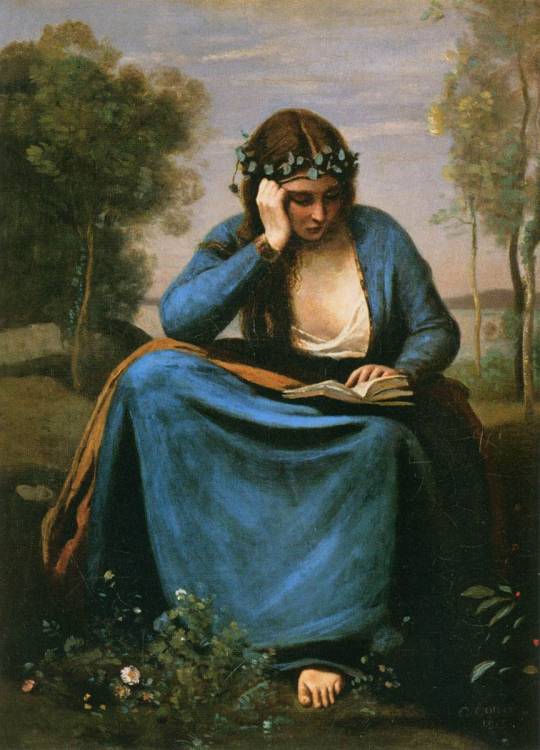
O me, what eyes hath Love put in my head,
Which have no correspondence with true sight !
Or, if they have, where is my judgement fled,
That censures falsely what they see aright ?
If that be fair whereupon my false eyes dote,
What means the world to say it is not so ?
If it be not, then love doth well denote
Love’s eye is not so true as all men’s no.
How can it ? O, how can Love’s eye be true,
That is so vexed with watching and with tears ?
No marvel then though I mistake my view ;
The sun itself sees not till heaven clears.
O cunning Love, with tears thou keep’st me blind,
Lest eyes well-seeing thy foul faults should find.
#sonnet 148#william shakespeare#shakespeare's sonnets#english poetry#poetry#english writings#english literature#renaissance poetry
35 notes
·
View notes
Text
Sonnet CXLVII
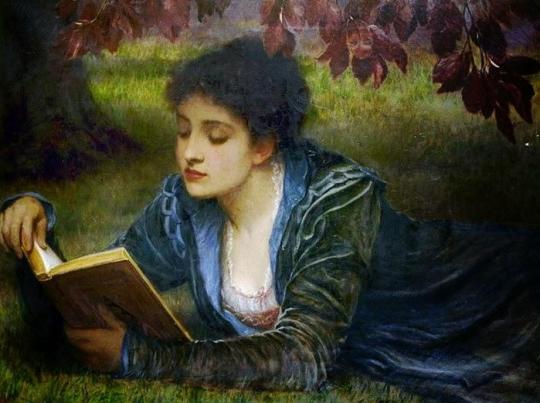
My love is as a fever, longing still
For that which longer nurseth the disease,
Feeding on that which doth preserve the ill,
Th’ uncertain sickly appetite to please.
My reason, the physician to my love,
Angry that his prescriptions are not kept,
Hath left me, and I desperate now approve
Desire is death, which psychic did except.
Past cure I am, now reason is past care,
And frantic-mad with evermore unrest ;
My thoughts and my discourse as madmen’s are,
At random from the truth vainly expressed :
For I have sworn thee fair, and thought thee bright,
Who art as black as hell, as dark as night.
#sonnet 147#william shakespeare#shakespeare's sonnets#english poetry#poetry#english literature#english writings#renaissance poetry
135 notes
·
View notes